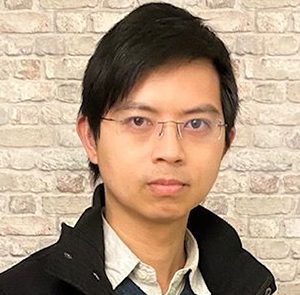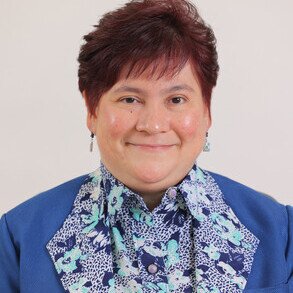|
Abstract: Talk 1: Internationalising Higher Education through Collaborative Online International Learning (COIL): Experiences from a UK–HK Teacher Education Partnership (by Nicole Tavares & Dr. Jim Chan)
Abstract:
With recent technological advancements, COIL has become an increasingly popular model of international exchange in higher education. This approach promotes virtual international collaboration, fosters foreign language/content learning, and enhances intercultural awareness via the pedagogical principles of co-developed learning/teaching practices, shared learning outcomes, and deep collaboration. This webinar showcases how COIL can be applied to internationalise teacher education through a postgraduate course jointly organised by a Hong Kong/UK university. It reports on the COIL experiences of two cohorts of MA(TESOL) students (n=83/69) in a core module, English Language Teaching Methodology, offered by two universities, one in Hong Kong and the other in the UK. The COIL initiative sought to broaden the multilingual student-teachers’ repertoire of TESOL methodological practices, strengthen their multicultural competencies and sharpen their collaboration skills. With micro-teaching as the shared goal, they engage in collaborative lesson planning and material design, peer feedback, video annotation and joint reflections through various synchronous/asynchronous activities.
Adopting an action research framework, the teacher-educators sought ways to leverage the student-teachers’ COIL experiences in two cycles (12 weeks each). Data were collected via web-based interactions in spoken and written forms, artefacts of the student-teachers’ work (lesson plans/teaching materials), video-recorded teaching practice, questionnaires, semi-structured interviews, reflective (video) essays, and observational notes. The findings reveal the participants’ notable pedagogic gains and personal growth despite several challenges. The paper highlights the strategies that were found to work to good effect in heightening their multicultural awareness, fostering professional exchanges and peer learning in the target language, and honing their communication/collaboration skills. It concludes by discussing how COIL activities can be strategically devised and implemented using a task-based approach, how learner empowerment can be advocated, and how combining synchronous/asynchronous methods can enhance multicultural awareness.
Talk 2: An Inclusive and Multiliteracies-Informed Virtual Exchange Pedagogy
Through Digital Cultural Artefacts (by Dr. Müge Satar)
Abstract:
Virtual exchange (VE) plays a pivotal role in the internationalisation of higher education (O’Dowd & Beelen, 2021). While pedagogical models such as COIL (Rubin & Guth, 2023) and telecollaboration (O’Dowd & Ware, 2009) have been widely adopted, there are few examples of VE research and practice on inclusive approaches through co-creation, sharing, appropriation and re-enactment of digital cultural artefacts from various cultures. This talk introduces the ENACT VE model, which leverages a task-based digital pedagogy informed by multiliteracies (The New London Group, 1996) to foster social interaction and intercultural dialogue. By examining three implementations of the ENACT VE model at Newcastle University between 2020-2022, this talk presents three configurations (synchronous and asynchronous; individual and co-created), tasks and procedures. The findings show the impact of these configurations on outcomes and how the ENACT web app supports inclusive VE practice.
|









